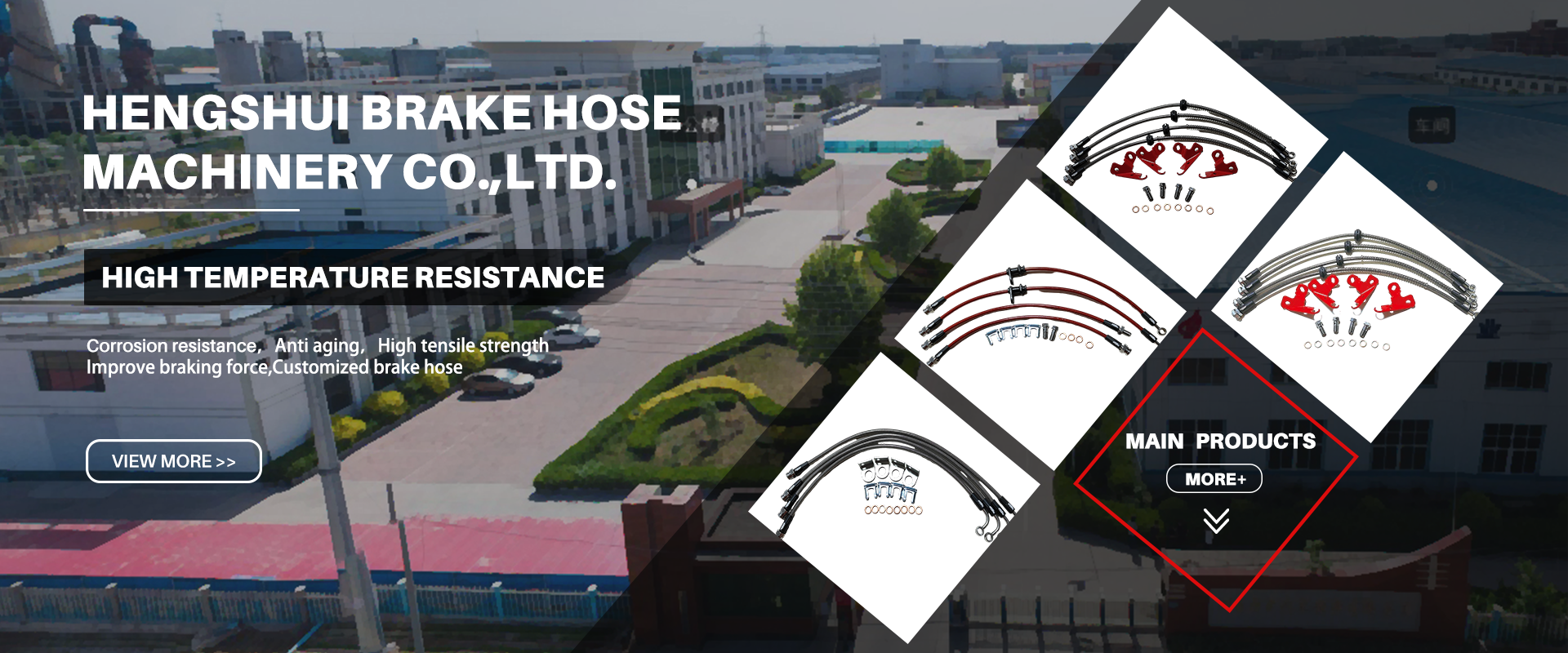Mar aon cheann den réimse eile de threorachas tráchtála, tá measúnacha sláinteachais agus feidhmíocht i gcónaí ina gceist mhóra. I measc na n-ábhar go léir a bhfuil na croitheadh ag tabhairt air, bíonn tábhacht mhór ag líní croitheadh. Bhí sé ina gnáthphrácais sa tionscal aistritheoirí úsáid a bheith ag líní croitheadh rubair déanta as ábhair thréithiúla. Athraigh teicneolaíochtaí nua an treo seo le teacht na líne croitheadh den stáin searbh. Déanann an alt seo cur síos ar an gcineál bealach a bhfuil línte croitheadh den stáin searbh ag athrú an pharasaim feidhmíochta na gcroitheadh i dtreorachas tráchtála, ag breathnú ar a maith le haghaidh tréine, feidhmíocht agus sochaíocht.
Tugann línte breithneachta as stáin neamhchruaileach sásamhacht níos fearr ná na lionta rubair leis an méid nach mbruichfidh nó nach caillfidh siad éadóchas go héasca. Tá aitheantas ag an iompar ar an rubar chun deacracht a bheith air ó thuath agus ó theocht, agus fiú ó cheimiceáil bhóthair; laghdaítear an bruic seo leis an rásaíocht éigeantach atá ag stáin neamhchruaileach. Tugann an réimsíocht a bhaint amach níos lú athsholáthraíochta a dhéanann saoil éasier do oibríochtóirí fléite. Chun cinn, tá cinnteacht níos fearr ag stáin neamhchruaileach maidir leis an gcumas cosc a choinneáil freisin rud a thabhairfear cinnteacht níos fearr don chóras bhuailfidh ar fud den toirt a bheith againn ós rud é nach mbeidh sé in ann tuitim. Tugann línte breithneachta as stáin neamhchruaileach sochar orthu féin trí shinsearacht a bheith acu maidir le córas bhuailfidh. Le tacar lionta stáin tógtha isteach, beidh freagranna níos smoothe agus níos minice ag na tiománaigh ós rud é gur iad seo tábhachtach do gach cineál veicil ach is féidir le siad bheith viktoracha do tharchur poiblí. Laghdaíonn na cineálacha seo línte breithneachta freisin an teocht a thagann chun cinn nuair a bheidh siad á úsáid thart ar thréimhsí faoi dheireadh a chuireann cabhair chun taisteal níos sábháilte agus níos lú eagarthachtaí a bheith ann.
Taispeánann glacadh le línte broinne de dhéantús éadromh how beneficial not only for the vehicle's performance but also assists positively towards the environment. Téarmaíocht eile níos fearracha a chostas níos lú taiseann níos mó do-nádúr mar aon leis an méid a laghdaíonn sé thar am, agus tá éadromh how lower negative impact mar gheall ar éadromh how easily recyclable chomh maith leis an méid a fhoirfeacht aige. Cuidíonn sé seo freisin le seobhradh le pósadh níos mó mar is iad go leor dennta cutamh ar carbon footprints agamh na céimeanna eco-friendly seo faoi mhíchuimhne. Leis an iarraidh don tráchtáil bheanach, tá línte broinne de dhéantús éadromh inmhuinínach do pherformance agus sláinteacht. Bhfuair gnóthóirí fléite an-airgead a luachaithe an-chuid as na forbairtí a rinneadh i bprowinsí monlaíochta ós rud é go bhfuil luach oibre againn mar gheall ar inmhuinín, éifeachtúlacht ardaithe, agus costas beag ar feadh modhailí éagsúla. Beidh úsáid a bheidh déanta asta línte broinne de dhéantús éadromh chun tabhairt breise faoi deara don sláinteacht agus éifeachtúlacht ardaithe chomh maith le laghdú ar éachtaí carbhoin.
Mar sin, tá athrú na haimsire fós mar cheist phríomha laistigh den domhan inniu a léiríonn go soiléar cén fáth a bheadh i gceart le húsáid na sreangbhricí seo ag oibríochtóirí forbairt. Ní choinneoidh an cabhair a chuireann síos ar bhogadaíocht thurbhartha ná an t-athrú comhshaoithiúil amach, ach cuirfidh sé seo méadú ar shásraigh oibríochtaí agus beidh costais ann freisin. Mar deireadh, is gá d'iompar a dhéanamh chuig na hairgneolaíocha titianaim is ea, an bhfuil siad i bpáipéar éadroma nó nach bhfuil siad ag cosaint na bhforbairtí ó bholganna agus ag ardú na gcomhspriocanna ríthábhachtacha don éagsúlacht mhheicniúil.

